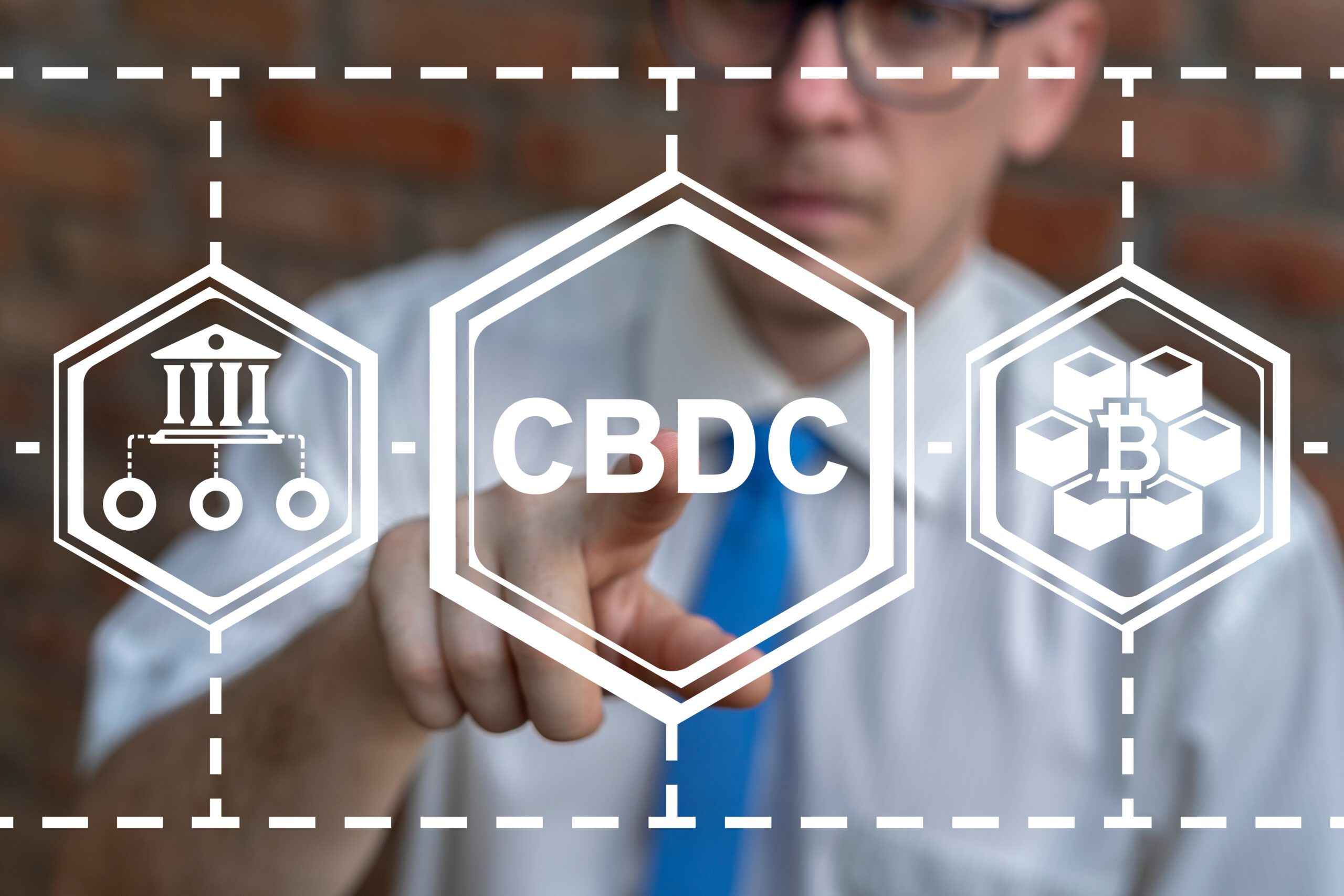- Transactions carried out with CBDCs will top $200 billion by 2030
- Abanca-Cecabank will test wholesale CBDC integration with financial asset settlement
The Bank of Spain will partner with a consortium formed by private banks Cecabank and Abanca as well as Adhara, a payment platform, treasury, and Web3 company, to hold a number of wholesale central bank digital currency (CBDC) trials. The trials will take place outside of the ongoing digital euro process, Bitcoin.com reported.
According to a recent announcement by the Bank of Spain, it will design and implement different platforms involving a wholesale CBDC.
CBDC transactions to exceed $200B by 2030
Central banks worldwide are working on adopting CBDCs. According to an analysis by BanklessTimes.com, the total value of transactions carried out with CBDCs is expected to top $200 billion by 2030. This marks a staggering increase of over 260,000% from 2023, when the market was valued at just $100 million.
Partner tasks and responsibilities
According to the Bank of Spain, the platform Adhara will work to simulate interbank payment transactions with a single tokenized wholesale CBDC and several that different central banks have issued. The company must develop multiple payment infrastructures to provide both a digital platform for interbank payments and wallets to the parties involved.
Essence of the CBDC trials
The trials to be carried out by the Abanca-Cecabank consortium will be focused on testing wholesale CBDC integration with financial asset settlement and providing practical evidence of the potential pluses and minuses associated with introducing a wholesale CBDC. This will be in comparison to conventional processes and infrastructure. Cecabank manages a blockchain platform, on which it will issue, tokenize, and register a simulated bond.
The Bank of Spain announced a proposal for contributors to the process more than a year ago. These tests will be held separately from the ongoing digital euro pilot project. The bank began to prepare that project in October last year. It includes choosing providers to develop an infrastructure for the euro and completing the digital euro rulebook.









